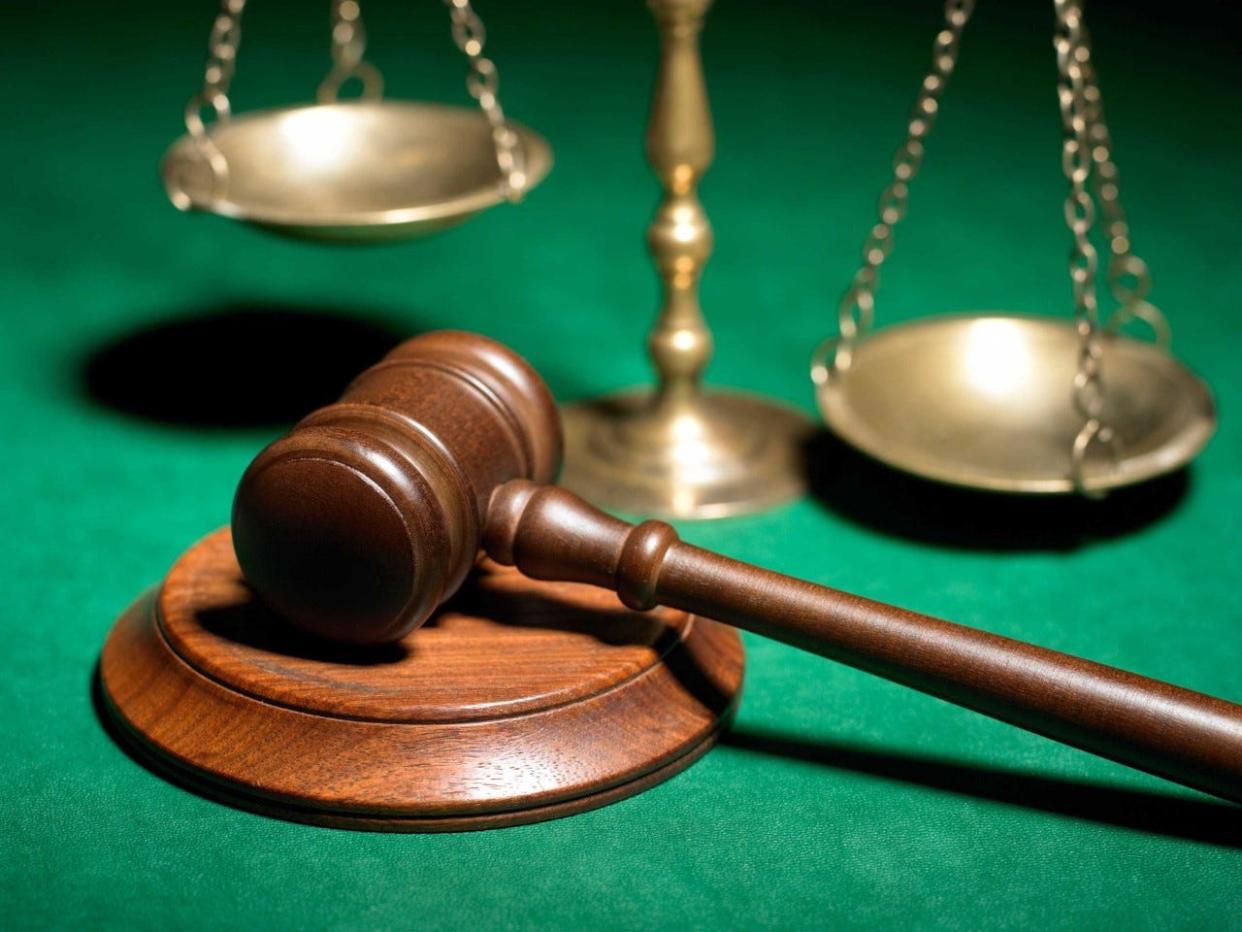RI’s landmark climate lawsuit requires a neutral arbiter | Opinion

Doug Gablinske served in the Rhode Island House of Representatives from 2007-2011, worked in the Governor’s Energy Office in the 1980s and is a former executive director of the nonprofit The Energy Council of Rhode Island.
Five years ago, the Ocean State became the first state to sue energy producers over climate change, alleging public nuisance and consumer deception. The lawsuit in particular claims that 21 energy producers deceived the public about conduct beyond Rhode Island’s borders.
The case, after five years of judicial process, will now be heard in a Rhode Island state court. This is unfortunate because climate change is a national and worldwide issue that is more appropriate for Congress or international bodies to address, not the courts. One only needs to have breathed or seen the Canadian air this summer in Rhode Island to realize that was not a locally generated problem.
But with the facts being what they are, it is critical the judge overseeing the case takes special care to ensure the strong emotions and political undercurrents surrounding climate change don’t interfere with the court’s obligation to be neutral and impartial.
More: In making the shift to electric vehicles, RI lags its neighbors. Can it catch up?
Judges have an absolute duty not to prejudice a decision based on anything but the facts before them as presented by both sides in the case. More than that, Rhode Island’s judicial rules clearly prohibit judges from considering “extra-record evidence concerning disputed adjudicative facts.” But despite these clear obligations of the bench, a June 7 motion accuses the judge assigned to the case of venturing outside the court record in a recent jurisdictional discovery dispute surrounding Rhode Island’s lawsuit, citing unrelated news articles and even offering personal commentary and interpretation regarding climate change.
The judge writes, for example, about damages to Rhode Island caused from “sea-level rise, rising temperatures, and severe storms” but the order before the court right now isn’t focused on assessing the merits of these claims. The judge also cites several articles outside of the court record, including a report on last year’s United Nations climate conference at which the prime minister of a small South Pacific Islandfloated the idea of a non-proliferation treaty that stops fossil fuel production, as well as a call for reparations from the leaders of other small nations facing alleged climate damages.
Critically missing is any reference to the longstanding U.S. policy of opposing such “compensatory” and “liability” schemes. Even former President Barack Obama’s special envoy for climate change, Todd Stern, said in 2015, “we don’t accept the idea of compensation and liability and never accepted that and we’re not about to accept it now.”
As a former state lawmaker, I saw firsthand the importance of making fact-based, unbiased decisions. This includes recognizing that affordable fossil fuel supplies are critical to public health, welfare and safety, which Rhode Island law has acknowledged since 1976. In 2021, U.S. Energy Information Administration data notes Rhode Island relied on natural gas for 87 percent of its electricity, the largest share of any state.
We did this all purposefully, which discredits any allegation that Rhode Island officials were supposedly duped by energy producers. The same can also be said for the average Joe, who wanted to keep his home warm for his family and also afford to put food on his family’s table.
More: RI climate suit gets boost with decision affirming it belongs in state court
While there are ways that government can and should encourage energy companies to invest more in green and renewable energy, climate lawsuits are the wrong way to go about it. With current high profits for energy producers, Rhode Island should be partnering with these companies and encouraging them to spend more of these resources to advance responsible clean energy solutions to prevent climate change, instead of suing them.
But since Rhode Island Attorney General Peter Neronha seems set on pressing forward with this misinformed legal strategy and it appears that the state’s suit will be getting its day in court, it is important that the public gets an impartial and neutral arbiter to oversee the case at the very least.
This article originally appeared on The Providence Journal: Judges have a duty not to prejudice a decision based on anything but the facts before them as presented by both sides in the case.

